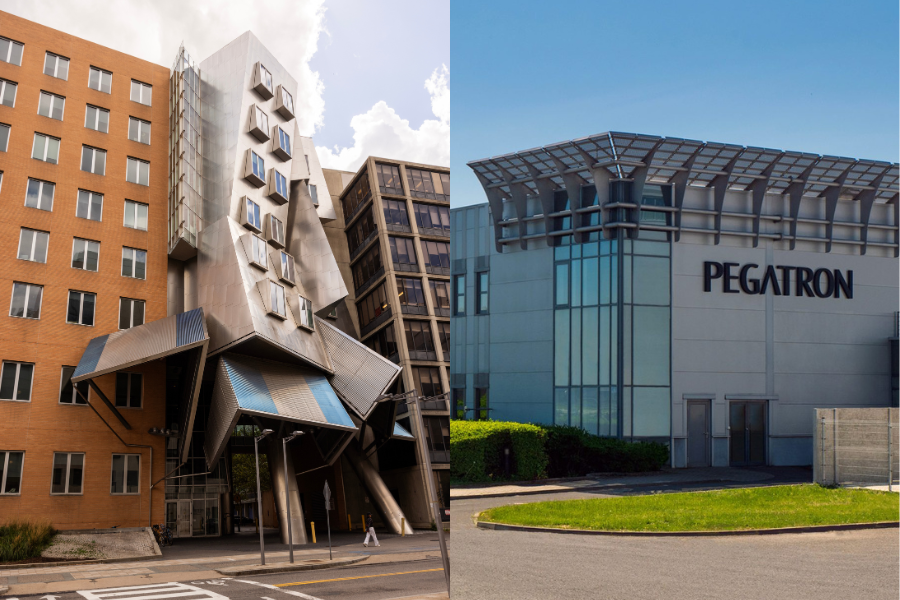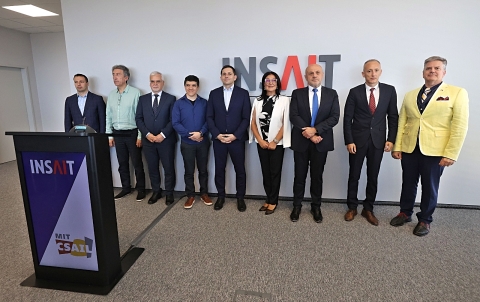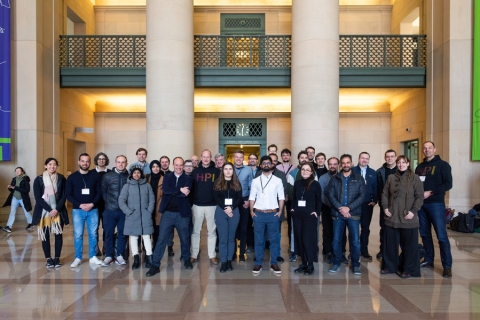The Massachusetts Institute of Technology’s Computer Science and Artificial Intelligence Laboratory (MIT CSAIL) and Pegatron Corporation today announced a landmark five-year research partnership aimed at developing the next generation of emotionally and physically intelligent robotic systems. The program, led by CSAIL Director and MIT Professor Daniela Rus and Alan Lin, Corporate Partner Lead at Pegatron, will run from 2026 to 2031 and is designed to redefine the capabilities of robots in human-centered environments.
The collaboration will combine advanced mechanical design, tactile sensing, multimodal perception, and AI-driven control to create robots capable of dexterous, adaptive, and safe operation in complex real-world scenarios. By uniting CSAIL’s leadership in robotics research with Pegatron’s expertise in large-scale manufacturing and systems integration, the project aims to accelerate the translation of scientific discovery into deployable industrial solutions.
“Our goal is to create robots that not only perform tasks with precision but also understand and adapt to the physical world around them,” said Rus. “By combining advanced hardware with embodied intelligence, we are developing machines that can safely and intuitively interact with humans and delicate materials, opening up new possibilities for collaboration across industries.”
The initiative will explore new approaches to robotic manipulation, including adaptive hands, modular grippers, and bio-inspired manipulators capable of safe, compliant motion. Researchers will integrate high-resolution tactile sensors, flexible electronic skins, and sophisticated perception systems to give robots a nuanced understanding of both their environment and their own physical state. AI-driven control frameworks will allow machines to learn from experience, adapt across tools and tasks, and operate safely in dynamic, human-populated environments. These capabilities will be demonstrated in real-world applications aligned with Pegatron’s strategic priorities, from precision assembly to collaborative manufacturing, logistics, and assistive robotics.
“Partnering with MIT CSAIL gives Pegatron early access to cutting-edge research and the opportunity to guide innovation toward real-world impact,” said Lin. “Together, we’re creating a foundation for robots that can extend human capability and work alongside people safely, efficiently, and intelligently.”
Beyond its technical ambitions, the initiative envisions a new model of physically intelligent machines that perceive context, anticipate human intention, and collaborate naturally with people. By producing both prototype hardware and open-source software frameworks, the project aims to set a benchmark for robotics research and industrial practice alike.
The five-year collaboration will begin in 2026.


